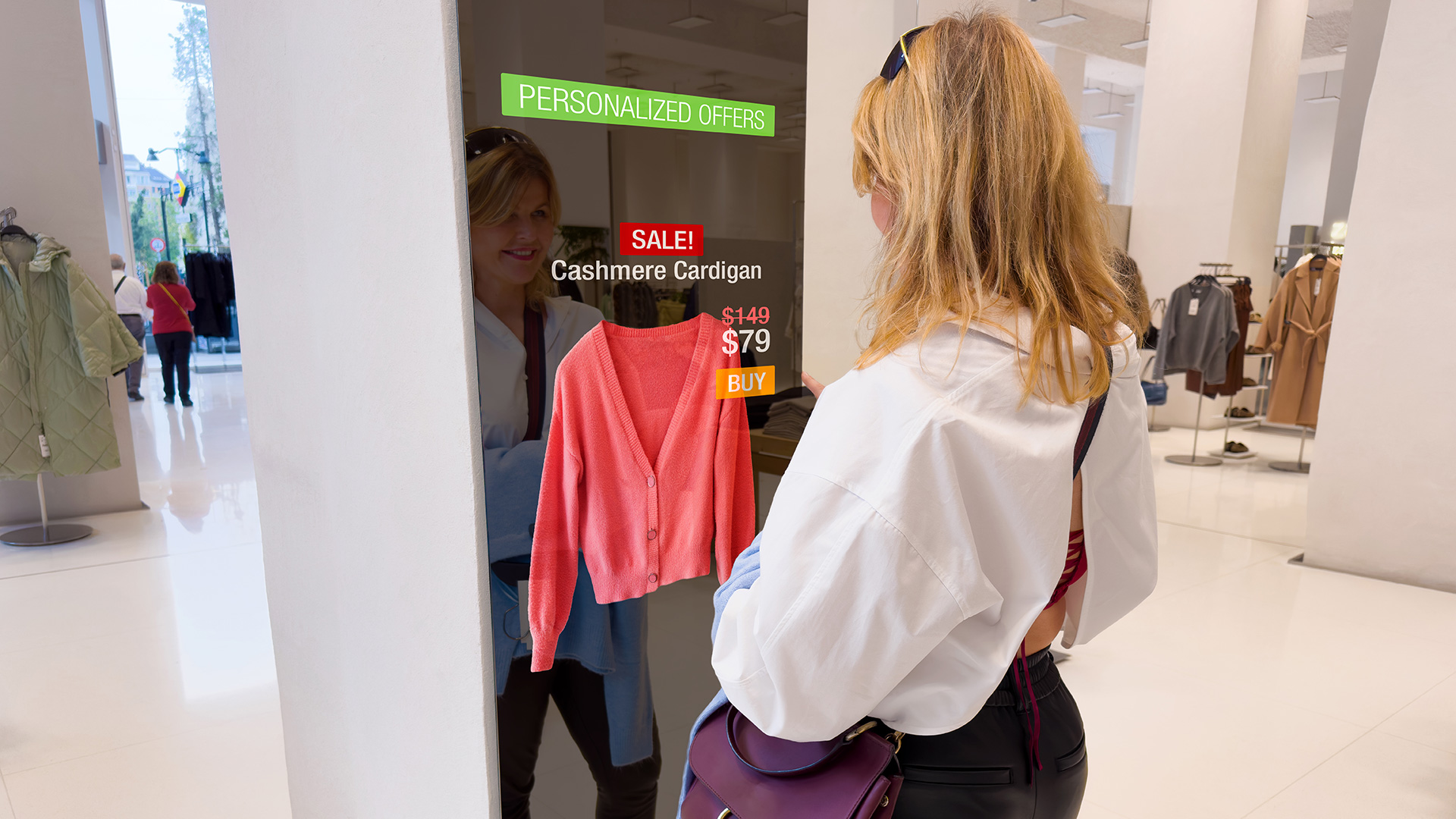
Retailers have been using artificial intelligence for a while now. There’s the rudimentary use of it to send out enticing email promotions or timely online ads that we welcome at times and find annoying at others. But retailers are also using AI to track consumers’ behavior both online and in brick-and-mortar stores. The technology is helping guide store layout, inventory levels, and pricing.
When it comes to pricing, because AI lets companies figure out what people are willing to pay with unprecedented precision, retailers could use AI for price discrimination – charging customers differently for the same product or service. University of Maryland Robert H. Smith School of Business Professors Sean Cao and Alex Xi He are looking at exactly how AI affects retail pricing and strategy. Their study, “Responsible AI: The Adoption of AI in Retail Product Pricing and Social Equity and Inclusion for Consumers,” is one of 14 awarded a three-year grant from Smith this year for addressing grand challenges and reimagining learning.
“On the one hand,” He says, “AI enables companies to learn about and cater to consumer preferences. It leads to more product innovation and a larger variety of products.” But, while retail chains basically charge the same prices across stores, the use of artificial intelligence can usher in the kind of price discrimination that has customers paying different prices for the same products based on local demographics. Retailers “may charge higher prices in areas where consumers have higher income,” and are not as concerned about what things cost. Lower prices may be paid in neighborhoods with mostly low-income residents whose budgets are less flexible.
“We started collecting the data earlier this year and are now working on analyzing it,” says He. The two researchers are studying how AI guides retailers to put certain products on their shelves and to price them the way they do.
Increasingly stores are looking to artificial intelligence to gain advantages over their competitors through cost management and learning more about how customers engage with their products. Amazon has been using AI across its business for a long time and Motley Fool reports other large retailers like Walmart and Target have followed suit.
Professors He and Cao aren’t just examining how this innovative technology is affecting retailers and product manufacturers. They’re looking at its societal impacts – researching how AI influences product variety and pricing across different regions, races and incomes. He says they hope to “shed light on whether the technology contributes to more or less economic equity and inclusion for disadvantaged and minority consumers.”
“That could have important implications for consumer welfare and social equity.”
Media Contact
Greg Muraski
Media Relations Manager
301-405-5283
301-892-0973 Mobile
gmuraski@umd.edu
Get Smith Brain Trust Delivered To Your Inbox Every Week
Business moves fast in the 21st century. Stay one step ahead with bite-sized business insights from the Smith School's world-class faculty.